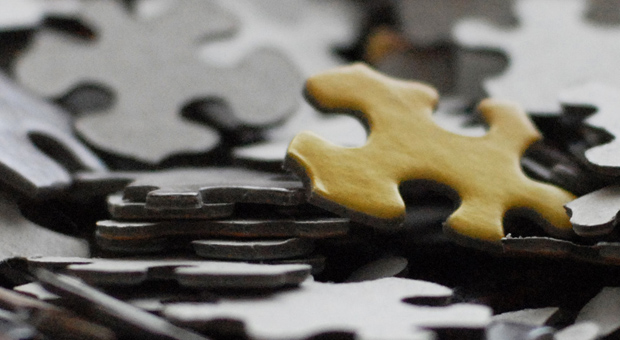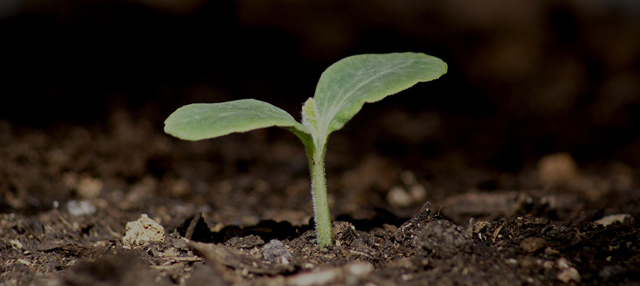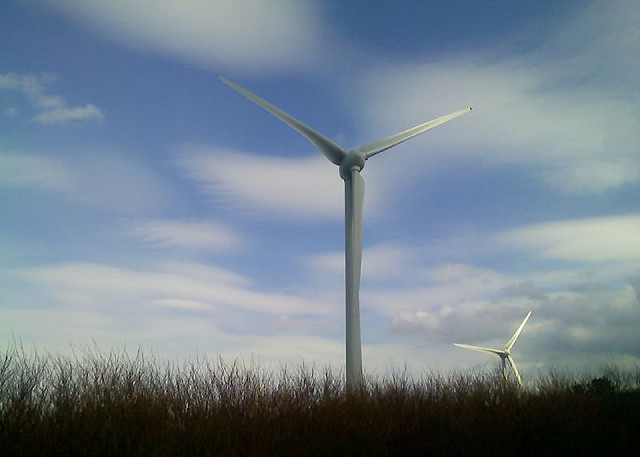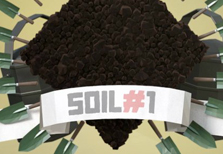
Three challenges in search of a (sustainable) solution
The mum asked the child: “What do I need to cook some rice?”
The child promptly answered: “it's simple, you just need some rice, water and a fire”.
If we translate this simple but wise answer to the global level, what we still need to feed the planet is food, water and energy. If our concern is not feeding the planet but enhancing human development, we would still need food, water and energy. The tricky part here is that we cannot reach food, water and energy security but through a complementary approach.
The interconnection between food, water and energy security can be grasped through a simple intuition (the child's answer). Shedding light on the elements at stake is by far a more complex task. A starting point might be looking at what food, water and energy security means. Definitions are often a debated ground (do they really include all the perspectives?) and a widely shared consensus on definition is often difficult to reach.
Nonetheless I start from the following ones leaving open the debate:
Food security exists “when all people, at all times, have physical, social and economic access to sufficient, safe and nutritious food to meet dietary needs for a productive and healthy life.”

(Photo by galdo trouchky | CCL Attribution-NonCommercial-NoDerivs 2.0)
Water security “involves the sustainable use and protection of water systems, the protection against water related hazards (floods and droughts), the sustainable development of water resources and the safeguarding of (access to) water functions and services for humans and the environment.”
Energy security involves a universal energy access that is defined as “access to clean, reliable and affordable energy services for cooking and heating, lighting, communications and productive uses”

(Photo by Jenna Helen | CCL Attribution-NonCommercial-NoDerivs 2.0)
As these definitions show, addressing these challenges involves also tackling horizontal issues such as socio-economic sustainability and equality of access. Indeed, addressing these challenges in not only a matter of “security”, but also a matter of “rights”.
The right of everyone to adequate food is enshrined in the 1948 Universal Declaration of Human Rights. More recently, the UN General Assembly declared that the access to clean drinking water and sanitation is a human right (UN General Assembly Resolution 64/292, 28 July 2010).

Related resources
Global trends such as changing demographic and economic growth trends make the sustainability of our production and consumption habits an urgent question. It is often assumed that finding an answer to this question has become more difficult due to the growing economic interdependence of system of production and consumption and to the increasing mobility of goods, services and capital (and their externalities) across national borders.
Our challenges have gone global, yes. Our solutions have not, yet.
However, changing global trends have gone along with changing governing “tools”. The inclusion of actors other than states provides opportunities for new avenues. Formal and informal institutions, citizens and organizations (non-governmental, governmental and intergovernmental) can and do offer potential solutions.
To implement these solution, then, what do we need? The only answer that I can think of, is, in the end, political will.
(Title photo by IceSabre | Attribution-NonCommercial 2.0)







